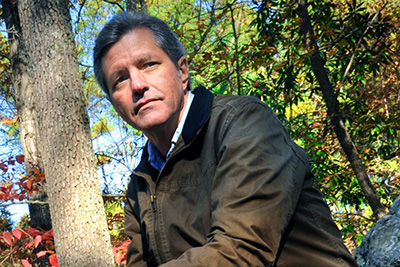2014 Lopez Lecture: Impact of Industrial Agriculture, Civil Rights on Health Inequality.
Note: Video of the lecture is available here.
Steve Wing, an associate professor at the University of North Carolina, is the featured speaker at Wednesday’s 2014 Joe G. Lopez Lecture on Racial Disparities in Health.

Wing will discuss how the increasing industrialization of agriculture contributes to health inequalities, especially in low-income communities in the United States and other nations. Wing’s research combines community engagement with cutting-edge epidemiology, enabling people to work together to improve the health of their communities.
In particular, he has received wide recognition for his work in exposing the environmental injustices and adverse health effects posed by concentrated or confined animal feeding operations (CAFO) on economically disadvantaged communities in rural, eastern North Carolina. This work attracted the attention of several powerful special interest groups representing industrial swine production, and Wing was honored in 2009 with the International Society for Environmental Epidemiology’s Research Integrity Award for his steadfast commitment to his research in the face of strong opposition from industry lawyers. Dr. Wing’s research has subsequently affected state policy in North Carolina, contributing to a continuing moratorium on the construction of new farms with over 250 hogs.
Wing has also collaborated on health and exposure studies with communities and workers affected by the nuclear industry, conducting and publishing investigations into radiation exposure effects, the results of which are unfavorable to the U.S. Department of Energy and other powerful interests. He has also conducted research on the health effects of exposure to land-applied sewage sludge in rural communities within North Carolina.
The lectureship honors Joe G. Lopez, a lifelong supporter of programs and policies to promote equality and social justice, and was established in his memory by his friends and family, including his son Russ Lopez, an adjunct assistant professor of environmental health.
Joe G. Lopez Lecture On Racial Disparities In Health: “Health Inequalities, Industrial Agriculture, And The Civil Rights Act Of 1964”
Wednesday, Oct. 29 at 5 p.m.
Bakst Auditorium
BU Medical School Instructional Building
72 East Concord Street
https://secure-alumni.bu.edu/olc/pub/BUAR/event/showEventForm.jsp?form_id=181064
For additional information, please contact Arielle Fischer